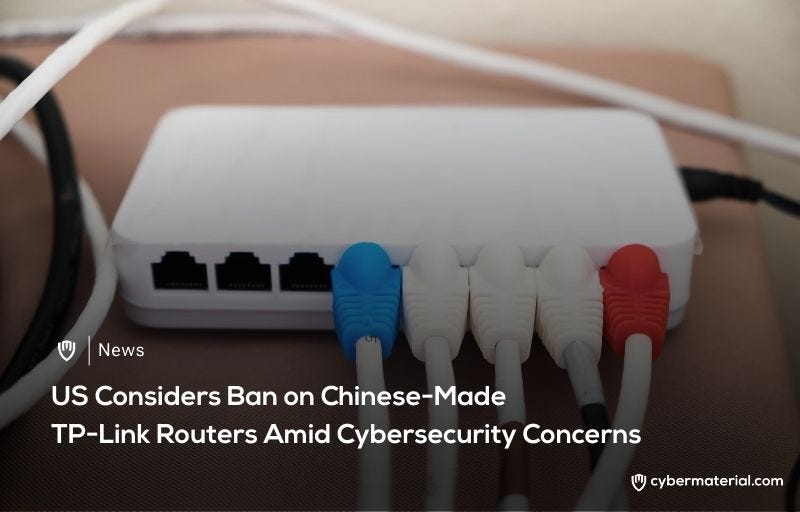
The U.S. government is considering a ban on TP-Link routers, which are widely used in millions of American homes and small offices. This move is driven by national security concerns, following invest…

The U.S. government is considering a ban on TP-Link routers, which are widely used in millions of American homes and small offices. This move is driven by national security concerns, following invest…